35" so far this winter at St. Cloud (normal snowfall as of January 22 is 28.5")
10.4" so far in January.
16" Snow on the ground at St. Cloud.
23" The amount of additional snow that should fall if we have an "average" rest of the winter season.
3.18" Liquid precipitation since December 1, 2010. Average for that period is 1.27" (we've seen two to three times more precipitation than normal since December 1, increasing the potential for river flooding in the spring).
60-80% Probability of significant flooding on the Mississippi River by April 22 in St. Paul, Hastings and Red Wing.
36 Number of minutes of additional daylight since the Winter Solstice on December 21. We're picking up over 2 minutes of additional daylight every day now.
Any Chance Of A Thaw? Yes, a fleeting thaw is possible next Friday morning, temperatures close to 30 F. during the morning hours before the next cold front sweeps south out of Canada. Highs will top 20 much of next week. You won't believe how good 20 lousy degrees can feel after what we've all just been through.
Monday Snow Burst. Models are all over the map with Monday's clipper, printing out the most snow for northern Minnesota (some 2-4" amounts possible closer to Brainerd, Grand Rapids and Duluth). St. Cloud metro snowfall totals will probably be closer to 1".
3-Day Experimental Snow Forecast. From the National Weather Service, this
new experimental product displays the probability of 1", 2", 4" or more for the USA. It shows an 80% risk of 1"+ snowfall totals near Duluth and the North Shore, about a 50% risk of 1" or more in St. Cloud.
Weather Records. The high at Gull Lake Dam Friday was an incredible -21, breaking the old record of -11 set in 1954. More records from Ham Weather
here.
First 40 Below For the Lower 48 States. The University of Wisconsin (CIMSS) weather blog has an interesting
post, showing how infrared satellite imagery (which measure temperatures, not reflected sunlight) were used to track the bitter cold across northern and central Minnesota. The post includes mysterious "plume" downwind of Hibbing, temperatures 15-20 degrees warmer - the author speculates this may be warm, smoky plumes streaming downwind of power plants or mines up on the Range.
Best Weather Photos of 2010. Stu Ostro from the Weather Channel has done a very good job showcasing some of the more interesting photos and weather images of 2010 at this
post. The black and white (visible) satellite image above is from a February storm with a central pressure of 943 millibars. The snowy Capitol pic is from the "Snowmageddon" storm that shut down much of the east coast in late December, leaving behind massive piles of snow from Washington D.C. to Boston.
Extreme Weather: Reality Of A Warming World. Scientists from NASA, NOAA, and every major scientific organization worldwide, greenhouse gas levels are higher now than any time in the last 15 million years. The
story from Global Post: "RIO DE JANEIRO, Brazil — In the past year, every continent except Antarctica has seen record-breaking floods. Rains submerged one-fifth of Pakistan, a thousand-year deluge swamped Nashville and storms just north of Rio caused the deadliest landslides Brazil has ever seen. Southern France and northern Australia had floods, too. Sri Lanka, South Africa, the list goes on. And while no single weather event can be linked definitively to global climate change, a growing number of scientists say these extreme events represent the face of a warming world. “Any one of these events is remarkable,” said Jay Gulledge, senior scientist for the Pew Center on Global Climate Change. “But all of this taken together could not happen without the extra heat that’s in the ocean. It defies common sense to overlook that link.”
Snow Water Equivalent. This map stretches from Montana to Minnesota, showing the amount of (liquid) water trapped in the snow pack. That little bright purple blotch over southwestern Minnesota suggests 6" or more of water in the (compacted) snow. This is why river forecasters are increasingly concerned about the potential for major river flooding on Minnesota's rivers by spring. I have a hunch it's going to be another very bad year for flood-prone communities on the Mississippi, Minnesota and Red Rivers. Hope I'm wrong - but the sheer volume of snow, coupled with a rising potential for a rapid thaw in late February/March, may create a serious flood scenario for much of the Upper Midwest. See the raw data from NOAA's National Snow Analyses division for yourself at this
link.
Open Waters Around Baffin Island, Canada. While we shiver, much of eastern Canada (and Greenland) is trending much warmer than average, to the point where there is still open water on Hudson Bay, and the waters surrounding Baffin Bay. From an interesting post: "
At a casual meal on the weekend, I met a couple in town from Iqualit. The capital of Canada's northern Inuit territory of Nunavut is located on Frobisher Bay in southern Baffin Island. They told me that when they left home in mid-December, the ice on Frobisher Bay was not frozen. I almost coughed up my food; that can't be possibly be typical for December. According to the visitors, the Bay is normally frozen a month or two, or more, before Christmas, allowing people to head out on the ice for hunting, celebrating, etc."
I sent this article to Minnesota icon, explorer and educator
Will Steger, and he e-mailed this reply:
"I just returned from a three day conference in DC put on by the counsel of science and the environment entitled the changing oceans. I presented on the section about the arctic ocean. There was a polar scientists that presented about the break up of the Polar Vortex this last two years and related some probability that it was connected to the recent loss of the summer sea ice. He was very emotional and choked up at times about it, which projected the seriousness of what this means more than his figures and diagrams. I read the blog and the route that we took around Baffin may not be possible this year--all in just 4 short years Let's hope 2011 will be better for us and that more understandable climate news reaches the public. What I find interesting is that the military now openly states that climate change is real and it is a very serious threat--along with our dependence to foreign oil. "
We're witnessing strange things across the Arctic, for the second winter in a row an historically strong negative phase of the NAO, the North Atlantic Oscillation, which is quite rare, especially 2 years/row. Unusually warm high pressure at the top of the world has displaced the usual (colder) swirls of low pressure, the "polar vortex" farther south, creating stronger temperature and moisture contrasts capable of generating more frequent and intense winter storms for much of the USA, Europe and Asia. More on what's happening in the Arctic below the forecast.
Kangaroo Kick. Hey, this guy had it coming. Note to self: never stand between a Kangaroo and a beckoning body of water.
Here is what can result, courtesy of those nutballs at neatorama.com.
A Yukon-Blue Sky. Under a bright (helpless) sun the mercury only recovered to 6 F. (the chart is incorrect) in the Twin Cities Saturday, after waking up to 0. St. Cloud never made it above zero, after a morning low of -11.
Nearly 1" of snow fell overnight in the Twin Cities and St. Cloud, where 15" is on the ground.
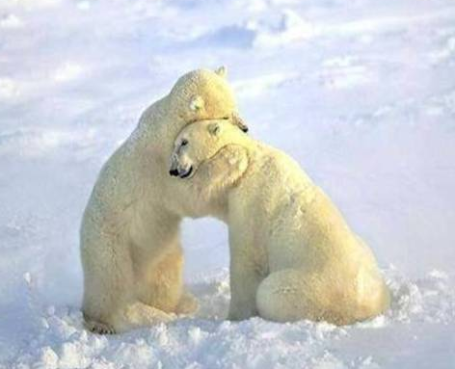 Paul's SC Times Outlook for St. Cloud and all of central Minnesota:
Paul's SC Times Outlook for St. Cloud and all of central Minnesota:
TODAY: Sunny start, clouds increase during the day, flurries by late afternoon. Winds: S 10-15. High: 9
SUNDAY NIGHT:
Light snow and flurries. Low:
3
MONDAY: Light snow, around 1" possible. Slushy travel. High: 19
TUESDAY: Intervals of sun, no "weather" to speak of. High: 21
WEDNESDAY: More clouds than sun, quiet. High: 20
THURSDAY: Patchy clouds, shoveling optional. 20s feel pretty good. High: 21
FRIDAY: Mild start, then turning windy, colder PM hours. High: near 30
SATURDAY: Windblown flakes, numbing again. Coating possible. High: 13 (falling)
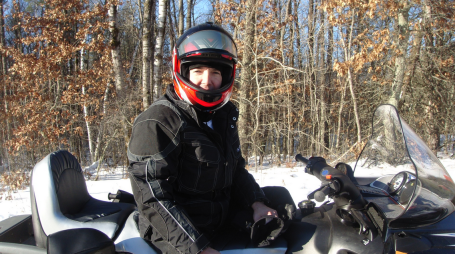
Snow Machine
"I can't remember a more miserable winter in the 15 years I've lived here," tweeted "Tim K", reflecting the dark sentiments of many. One of my fellow Navy-parent friends confided, "I don't plow, shovel or blow my driveway. Now you need 4-wheel drive to reach the front door. Cuts down on unwanted guests." I drive around town and everywhere you look a significant percentage of people have just given up. We surrender!
Amazingly, temperatures are running 4% warmer than average for the winter - but if we just see "average" snow from now until April, we may wind up with 80" of snow, more than we've seen at MSP since 1991-92 (84.1").
My Polaris snowmobile "investment" is looking smart, but commuters feel besieged. Some of my older friends are terrified of winter's #1 threat: ice. All it takes is one nasty fall to wind up in the hospital, facing a hip replacement.
Monday's clipper may drop 1" but no soul-sucking storms are in sight. 20s (above!) return next week, a shot at 30 F by Friday. Pray for a gradual melt (and no rain). River forecasters predict a 60-80% risk of flooding on the Mississippi by March. Finally, flurries arrive today in Chicago & Pittsburgh; wind chill: 0.
Arctic Ice Melt Adding More Heat To The Atmosphere Than Previously Thought. Much of the excess warming in recent decades has been stored in the oceans, which are warming worldwide, even in the Arctic. That has consequences for the atmosphere, since there are continuous fluxes of heat and moisture between the oceans and the weather passing overhead. A
story from Climate Central: "
For the past 30 years, satellites have been tracking a stunning decline in the sea ice and snow cover blanketing the Arctic. Now, new research has found that the thinning and melting sea ice is having a much more significant impact on global climate change than was previously thought. The sea ice and snow on the planet, collectively known as the cryosphere, are responsible for reflecting back to space some of the sunlight beaming down on the planet. Computer models have calculated how much the reflectivity of the Northern Hemisphere is changing as snow and ice coverage in the Arctic declines due to global climate change and natural climate variability. Such modeling studies help researchers understand how global temperatures may respond to these changes in the cryosphere. But this new study, which is based on observations of changing levels of snow and sea ice and trends in the reflectance of snow-covered regions over the past 30 years, suggests the overall loss of reflectivity is more than double than what models have predicted. This has important implications for climate change projections. "
For Many Species, No Escape As Temperatures Rise. From a Saturday New York Times
story: "
Over the next 100 years, many scientists predict, 20 percent to 30 percent of species could be lost if the temperature rises 3.6 degrees to 5.4 degrees Fahrenheit. If the most extreme warming predictions are realized, the loss could be over 50 percent, according to the United Nations climate change panel. Polar bears have become the icons of this climate threat. But scientists say that tens of thousands of smaller species that live in the tropics or on or near mountaintops are equally, if not more, vulnerable. These species, in habitats from the high plateaus of Africa to the jungles of Australia to the Sierra Nevada in the United States, are already experiencing climate pressures, and will be the bulk of the animals that disappear."
Changing Climate Means Changing Oceans. Water has the (unfortunate) characteristic of expanding as it warms, adding to sea level rises. Computer modeling of the melting of Greenland ice is still a subject of considerable controversy (the Greenland ice cap is melting much faster than previous computer models were predicting). From Ira Flatow at NPR's All Things Considered: "
When you hear the words climate change, chances are you think about its effects on the land, right, and talk about drugs and crops and glaciers. But some scientists say we shouldn't be calling it climate change. We should be calling it ocean change, because the oceans are, literally, choking, they say, on greenhouse gases. They're becoming more acidic. There are changes in ocean circulation patterns, fisheries, corals, plankton, shellfish. They are all being affected by the changing water. There's also more water in the oceans than ever before. Sea level is rising as polar ice and glaciers are melting, and even the water itself is expanding as it warms up. So what does that mean for those that live on islands or along the coast? Rising oceans? That's what we'll be talking about today."
Why It's A Good Sign We're All Arguing About Climate Change. Personally I'm not so sure it's a good sign, but in the end, the truth will come out - although I suspect for some of the deniers it isn't about science - it's ideology, the fact that something is happening on a global scale that might require a global response (and change the way we think about energy and growth) goes against the grain of their core values and worldview. The science is overwhelming, yet some still cherry-pick, grasp at straws and manufactured e-mail controversies and conspiracy theories. We'll see how this all plays out over the long haul, but in
this article, Brian Merchant believes it's a good thing we're having heated arguments about what's happening with our climate: "
Do you get into contentious discussions with your conservative uncle over whether global warming is real or not? Or argue with your co-workers about why climate change isn't just "natural cycles"? Or do your best to bite your tongue when your mother-in-law refers to the warming climate as "some Al Gore nonsense"? Do these debates, arguments, and spats piss you off? If so, perhaps this will offer a little solace: The fact that the topic is already entrenched in common discourse means the battle is already half won.Auden Schendler, the author of a book called Getting Green Done, has a guest post over at Climate Progress expounding on precisely this phenomenon. In the post he details an exchange that his friend recently relayed to him - the friend had joined his brother and mother for a family dinner, when they got around to the topic if global warming. You see, the brother, who had long been convinced that climate change wasn't an issue, had read a new article proving why it was a hoax. The two brothers got into an article over said article, and the mother hopped in on the side of denial. The whole thing got so heated that the friend's wife had to leave, fleeing "the house to make phone calls from the car."
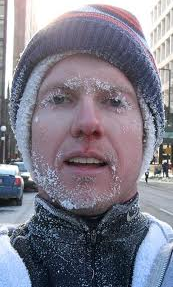
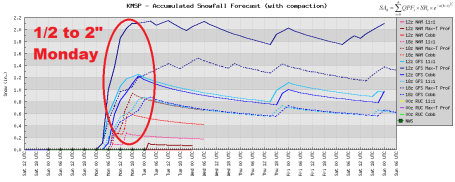
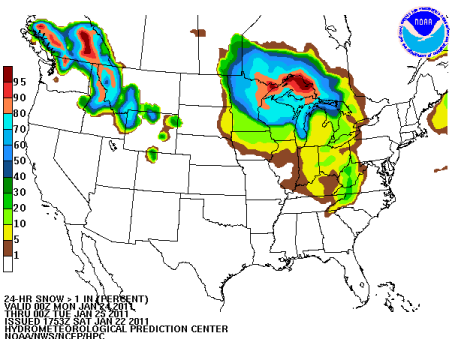
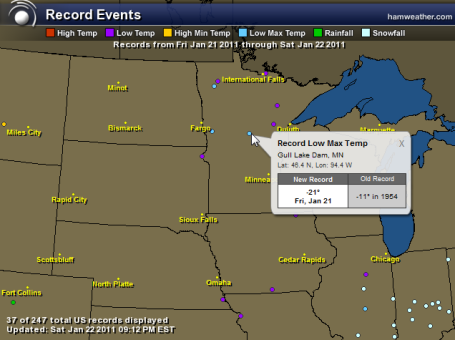
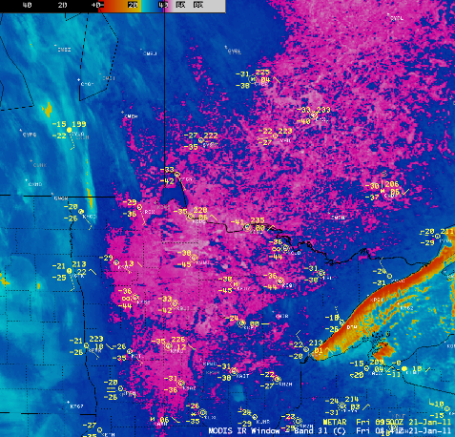
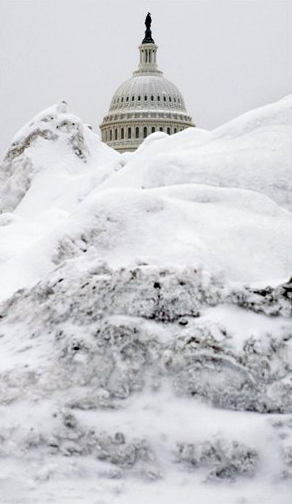

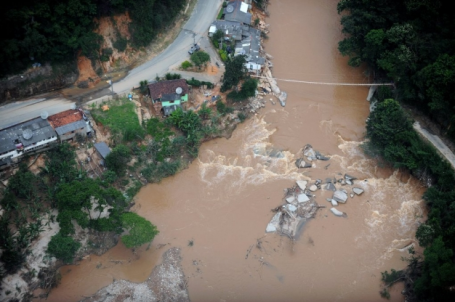
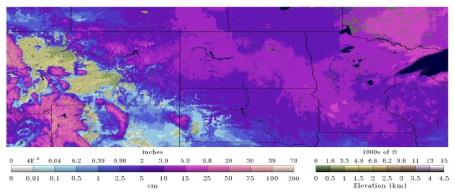
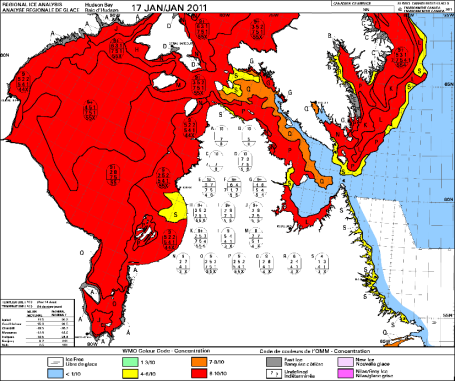




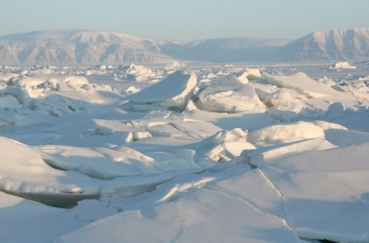
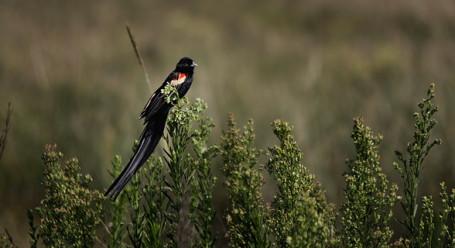


No comments:
Post a Comment